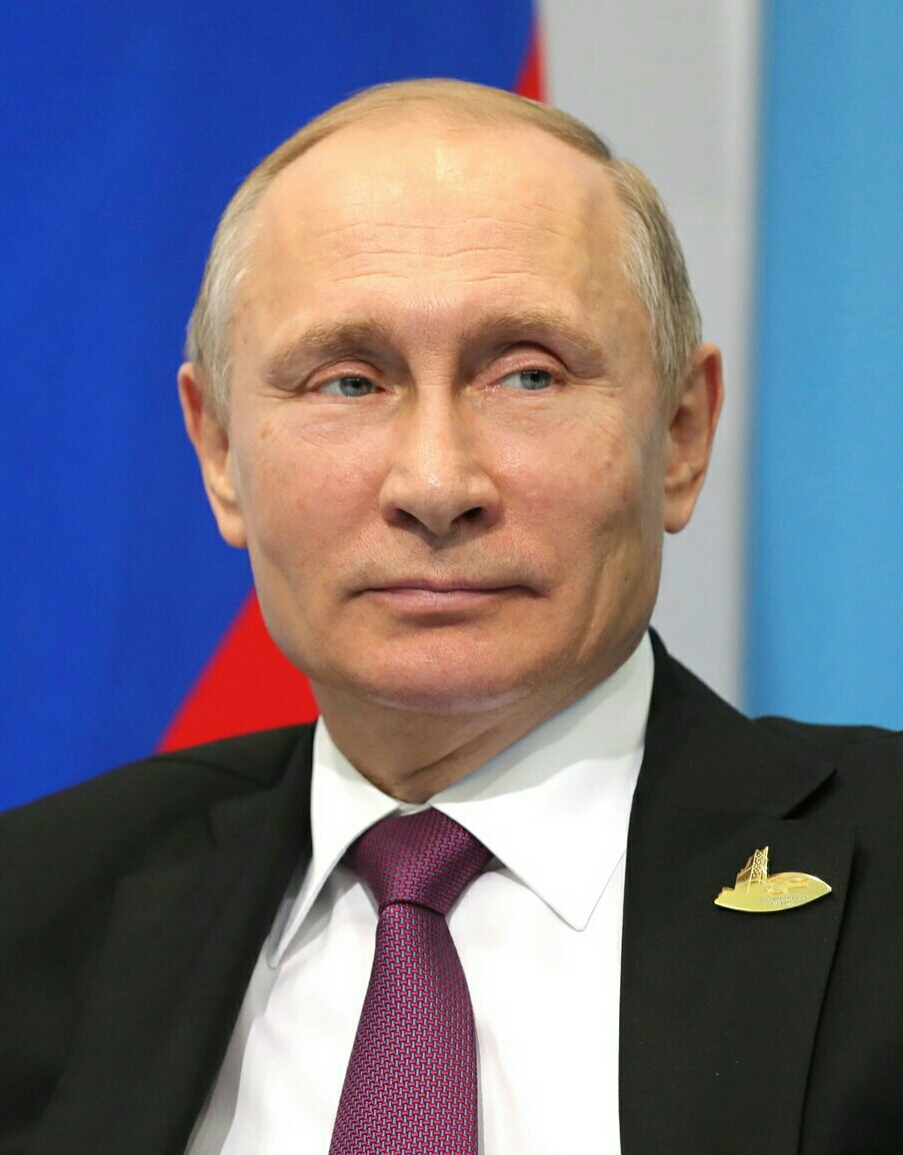However you may feel about him, during his long tenure, Vladimir Putin has definitely been a strongman. For some, this is a sign of a true leader, for others, of undemocratic autocracy. Rigged elections, mysterious opponent disappearances, have brought the man on the verge of a movie mastermind villain status.
If you’re one of those who wish to see him fall, don’t sit too tight. There is little doubt that he is going to win the March 18th election. And there is always the possibility of another electoral law amendment, or of another puppet-president like Dmitry Medvedev was in 2008-2012. However, and however slowly, things in Russia may actually be changing.
Two of the pillars of Putin’s authority have been a vision of a Great Russia and the loyalty of the business elite, and both of those things seem less certain lately.
During his latest term, his focus shifted outwards, and his geopolitical experiments have set him against the West. His adventurism, however, has come with a cost. With his attention elsewhere, Russia’s own economy has suffered greatly, as he missed the opportunity to prepare it for a cheap oil world and lead it to a post-agricultural future. Russia’s growth was already subdued when it was exacerbated further with the sanctions from the West.
As for the most direct costs of his military ventures, both in human and material resources, those he has been careful enough to hide. Officially, Russia reports no casualties since 2010, using private military companies in Syria and denying intervention in Ukraine.
With the narrative pushed by the local media presenting the Crimea annexation as an act of free will, Putin has achieved a striking balance between show of strength and deniability. But in a country traditionally proud of its military and not especially flustered by the loss of life, this denial might be a display of realization that the Russian people may no longer be willing to bear the cost for its leader’s revanchism.
Another group of people that seems less willing to back him is the country’s business elite. A rising number of Russia’s rich and powerful are buying their way into European Union citizenship. Taking advantage of a Maltan scheme that basically allows them to buy a EU passport for an €800.00 investment, these businessmen seem to be betting against Putin’s policies. These are not people who have been directly hit by sanctions. They do not immigrate, they do not openly oppose Putin, nor do they move all their money and businesses to the EU. But this contingency plan does show a growing distrust. The business community has not only the fallout of his foreign policies to fear, but also the reach of the cronyist [sic] system he has created, that even he cannot fully control.
None of this indicates a drastic change, but it does show that winds are turning, although, at what direction remains to be seen.
Another feature of Putin’s presidency has been his populist, nationalist narrative. While trying to showcase Russia’s strength, he also leaned heavily on victimhood, an idea of “us against the world”. He cultivated a feeling of moral superiority, of false recrimination and utter distrust towards the rest of the world, and especially the West.
These traits are not going to go away along with Putin. And in a world that more and more values multilateralism and cooperation, it is doubtful how well an already besieged country can do.
Putin’s legacy will definitely be ambiguous. And although many will see his departure as a winds of change moment, one can only hope that they will be for the better.
Already have an account? Sign In
Two ways to continue to read this article.
Subscribe
$1.99
every 4 weeks
- Unlimited access to all articles
- Support independent journalism
- Ad-free reading experience
Subscribe Now
Recurring Monthly. Cancel Anytime.











COMMENTS